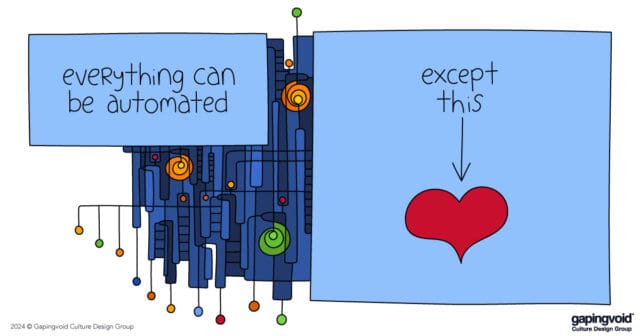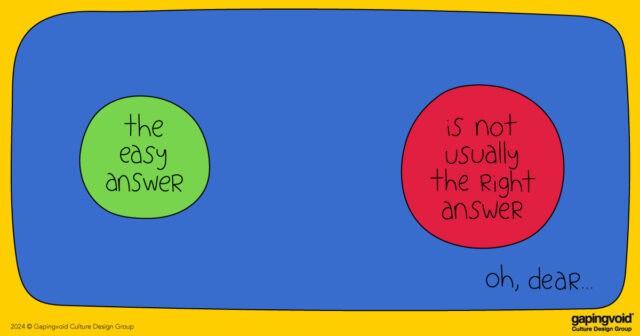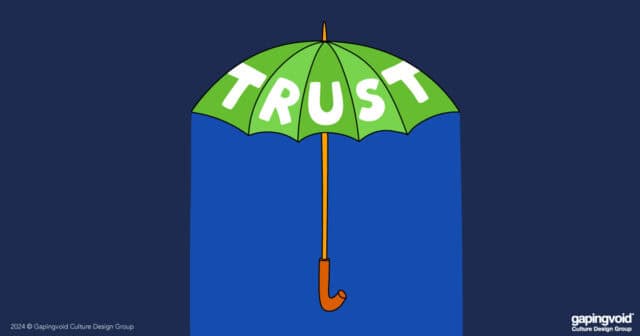
First there was “Big Media.” Big, publicly owned companies like the New York Times, ABC, and HBO.
In 2022, The New York Times reported an adjusted operating profit of $347.9 million, with an annual revenue of $2.3 billion.
Then came “nanopublishing” (a term popularized by Nick Denton of Gawker fame two decades ago). I.e. Blogs and other microchannels (with comparatively minuscule overheads) that had an enormous reach, in spite of the fact that a lot of them were just one person and their keyboard/microphone/video camera.
The Joe Rogan Podcast is a current example with over 12 million subscribers, and an estimated $50 million a year revenue stream according to some with just three employees.
So both business extremes are working, at least the successful ones.
It’s the ones in the middle- without the huge advertising revenues of the big guys who STILL have the relatively large overheads (i.e. lots of staff working from expensive offices in Manhattan) that are struggling. The ones with all the downside of both extremes with a lot less of the upside.
These ones we call “Missing Link Media.” And, they’re in trouble.
Last week, Vice Media once worth $5.7 billion filed for bankruptcy. And before that we learned Buzzfeed is closing down its news division, keeping only the famous “listicle” division.
And they’re not alone. According to Dealbook and others,
- Insider, which is owned by the German media giant Axel Springer, is laying off 10 percent of its staff.
- Vox cut 7% of its workers in January.
- A revamped Gawker shut down in February, and the Springer-owned Protocol shut in November.
The reality is, Missing Link, was only viable so long as Facebook was willing to share ad revenue with them. And that ceased in 2014 when Facebook decided it wanted to keep as much of the cash as it could. Since then the Missing Links have been struggling.
It’s not that these Missing Link brands are poorly run, or that their owners are duds. It’s just that they were created in a previous era of the Web when publishing was far less dependent on the whims of the Mark Zuckerbergs of the world.
The lessons here are the old ones. A) Push the edges, don’t get your butt stuck in the middle, and B) Don’t build your house on somebody else’s land. Especially when that land belongs to Facebook. Simple rules to follow in theory, but sadly the reality is far messier.



